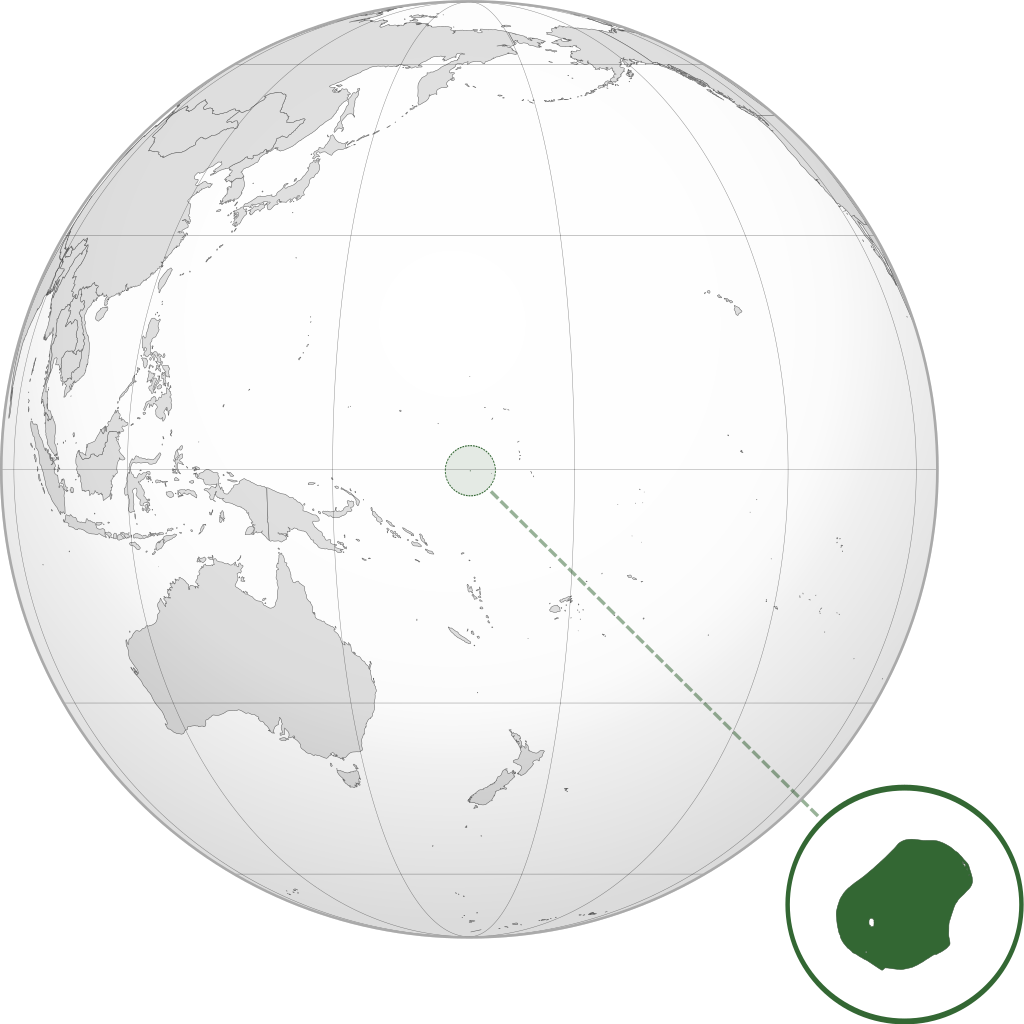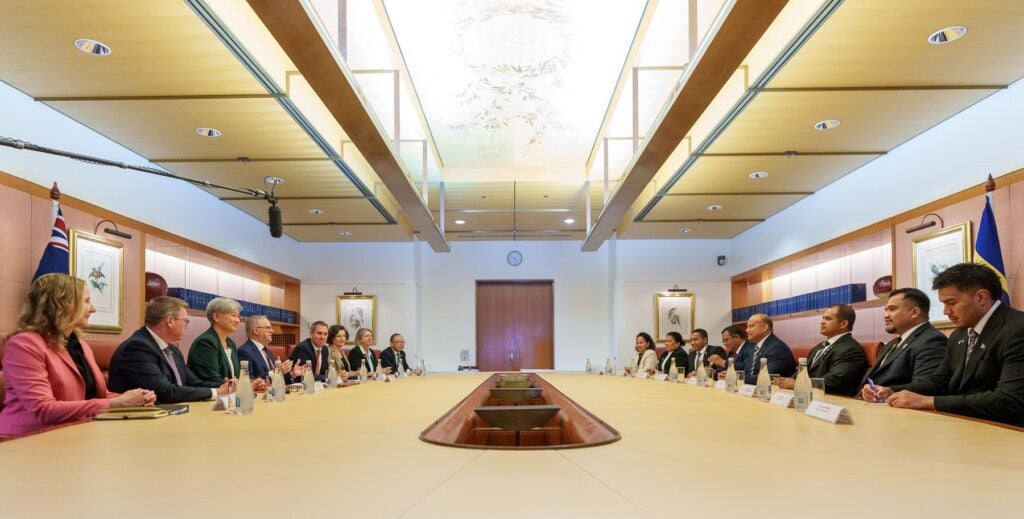Australia secures Security Treaty with Pacific Island Nation Nauru
Australia and the Pacific Island nation of Nauru have signed a new security treaty in Canberra this week. The treaty provides security and financial aid valued at $140 million AUD ($89 million USD) to the island nation in return for Australia gaining effectively full control of Nauru’s national security.
$100m will be provided as budget support over a 5-year period, while the remaining $40m is intended for policing and security in the island nation. In return for this, much like another Australian agreement with Tuvalu, the Falepili Union, Australia must approve of any agreements Narau makes with other nations regarding security or critical infrastructure. However, the agreement doesn’t include migratory pathways or a guarantee from Australia to intervene in natural disasters or foreign attacks on Nauru, compared to the Falepili Union.
Another aspect of the agreement is the entrance of the Australian Commonwealth Bank into the nation to operate. This was prompted by an announcement earlier this year from the nation’s only bank, Bendigo and Adelaide, that it would be departing by June 2025. Nauru whose official currency is the Australian Dollar began exploring alternate options in response, inducing the arrival of a delegation from the state-affiliated Bank of China. Ultimately only a Memorandum of Understanding was signed, but at the time the prospect sparked worry for Canberra.

Geopolitical Competition in the Pacific
In the wider context of the Pacific this agreement, alongside the aforementioned Falepili Union, signed in November 2023 represents an increasing level of geopolitical competition in the region. Since 2013 China has increased its influence in the Pacific, often through financial aid, trade arrangements and investment. In April 2022 these efforts materialised through a comprehensive security agreement with the Solomon Islands, granting it a military and policing presence on the Island if desired. This prompted a flurry of responses by officials in Washington and Canberra, leading to increased funding and courting of Pacific Island nations, in an attempt to solidify regional security. For Australia comprehensive agreements with Nauru and Tuvalu over security are unsurprising. The nation views the Pacific as its backyard and connection to the United States, which if severed by adversaries could endanger the nation in conflict.
The result is a “permanent state of contest” in the Pacific, as stated by Australia’s foreign minister Penny Wong. While this agreement is a victory for Australia in this contest more will need to be done to win the region. After 5 years funding will lapse, and one agreement won’t stand against China’s growing regional influence and strategic interests.

